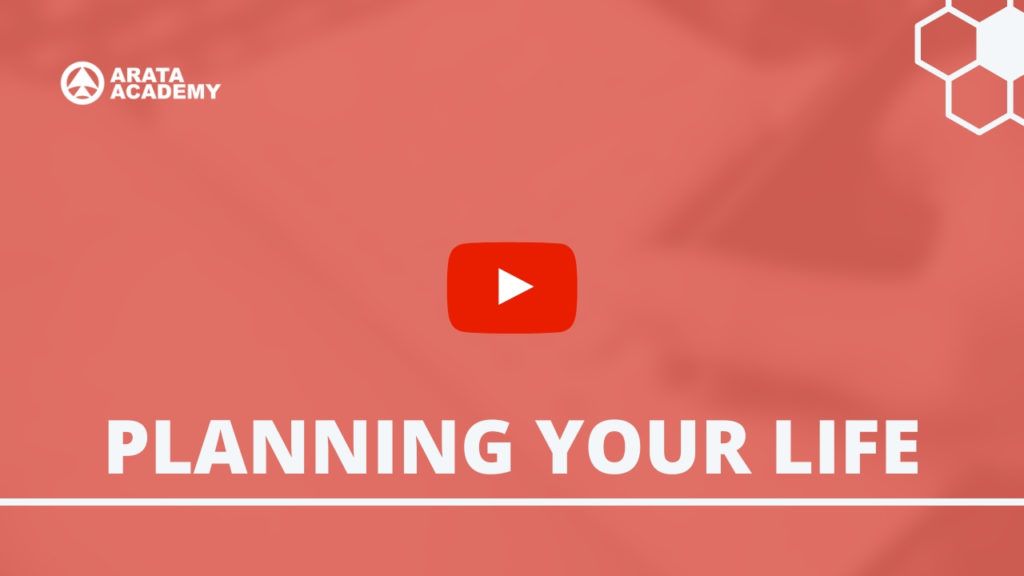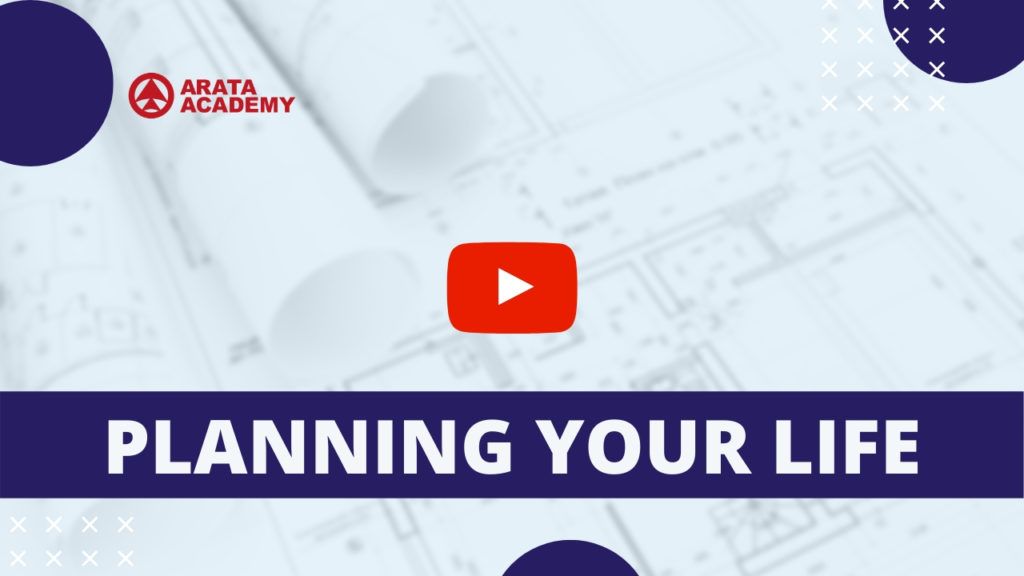Hello! Seiiti Arata. From time to time it is normal for you to regret a bad decision you made in the past. That job that you shouldn’t have accepted, that diet that you shouldn’t have abandoned, that investment that you shouldn’t have made. This ghost of a bad decision can be haunting you for a long time, because of the emotional pain that a bad decision ends up causing.
What if you never made that kind of mistake again? What if you learned to always make the best decision among the options available? In today’s conversation, we’ll find out exactly how you can do this using just two scientifically proven concepts: timing and automation.
You make worse decisions at the end of the day. So, set aside your mornings to make more complex decisions.
Your life is defined in moments of decision. Everything you have today is a result of the decisions you made in the past. Your profession, your knowledge, even your health status are the result of these decisions.
An average person makes up to thirty-five thousand decisions a day. Most of them are small decisions, like to choose what to wear, but others are decisions that will shape the direction of our lives.
Scientific research shows that as the day goes on, our ability to make decisions worsens. When we wake up and have a clear mind, we have a greater capacity to make better decisions than when we are tired at the end of the day.
This means that you must reserve your mornings to make more complex decisions. For example, as soon as you wake up, before you even pick up your cell phone to see notifications, you can decide the most important task you can do that day.
Right now, a good strategy is to use Gary Keller’s focus question: “What’s the ONLY Thing I can do so that, by doing it, the rest becomes easier or unnecessary?”.
Making decisions consumes energy. The more complex the decision to be made, the more energy will be consumed. So, the ideal is to use the morning, when our battery is full, to make the most difficult decisions.
Leave the simplest decisions for the end of the day. Even if you make a mistake, the impact will be small.
At the end of the day, you are more tired and the likelihood of making wrong decisions is greater. Therefore, avoid making complex decisions during this period. Instead, reserve the end of the day for simpler decisions.
For example, at the end of the day you can choose and separate the clothes you will wear at work tomorrow. This way, you avoid consuming your decision power at the beginning of the day with something that could have been chosen the night before.
The advantage of making simpler decisions in the end of the day is that even if you make the wrong choices, the impact in your life will still be small.
What you are doing here is to be strategic. In the morning, with better decision-making skills, you make the most difficult choices. At night, with less ability to decide, you make the simplest choices. Thus, you increase your chances of making good decisions with great impact, which will define the direction of your life.
Decrease the number of decisions to be made. Automate everything possible.
Another way to make better decisions is to decrease the amount of decisions you need to make throughout the day. Since we spend decision-making power with every choice we make, if we make fewer choices throughout the day, we are more likely to get them right.
The best way to decrease the amount of decisions we make is to automate everything possible. With every decision you have to make, think: could it be automated?
For example, you can place your accounts on direct debit. You can use apps to remind you to take your medicine, change your toothbrush every three months, or go to the optician annually.
This is the basics, but you can go further. You can purchase a robot that cleans your house every day at the same time. You can have a standard grocery list to shop online and deliver to your home. You can create filters in your email to separate messages according to words or who is writing to you.
Today we have a cell phone in our pocket that has more computing power than the apparatus that took man to the moon. But we basically use this computer to read news, chat and see photos on social media.
What if you explored this potential better? I’ll give just one example to pique your curiosity. Have you ever imagined having a task management application with geolocation so that, as soon as you pass in front of a place, it reminds you of a task? For example, when you pass in front of a building supply store, you may receive a reminder to buy a lamp so you can replace the one that you burned in your bedroom.
Create routines to reduce your number of decisions. Habits exist to save time and energy.
What cannot be automated electronically, should be placed in routines. These routines must become habits, because habits consume much less of our energy and do not spend our decision power as much.
Having habits is a way for the brain to save energy. You do not decide every day whether to brush your teeth or not: this is a habit that you have created since you were a child and that you simply execute.
Routines are nothing more than a chain of habits that you create so you don’t have to spend every day deciding the same thing. For example, you may have a morning routine of waking up, washing your face, writing your most important task for the day, meditating and having breakfast.
The best way to create and track these routines is using habit tracking apps, or habit trackers. In the summary of the book Atomic Habits I have separated a list of habit trackers that you can use. Visit this link to download this list.
Ideally, your routines should be very detailed. For example, if someone else picked up your to-do list, they would know exactly what to do. Thus, you are putting on autopilot a series of good decisions that you will no longer need to make every day.
Your life is defined in moments of decision. In today’s conversation, you learned a strategy for making better decisions using two principles: timing and automation.
Timing is for you to take advantage of the time of the day when you have a greater decision-making capacity to make more complex decisions. Do this early in the morning and leave the simplest decisions for the end of the day.
Automation serves to reduce the amount of decisions you have to make each day. Use technology to automate as much as possible and create routines to turn repetitive actions into habits.
There is also a third essential principle for you to make better decisions: to be clear about your personal values. To find out what you value most, access a special lesson in the Planning Your Life course on how to identify your greatest personal values. Just visit this link to watch the class now.

